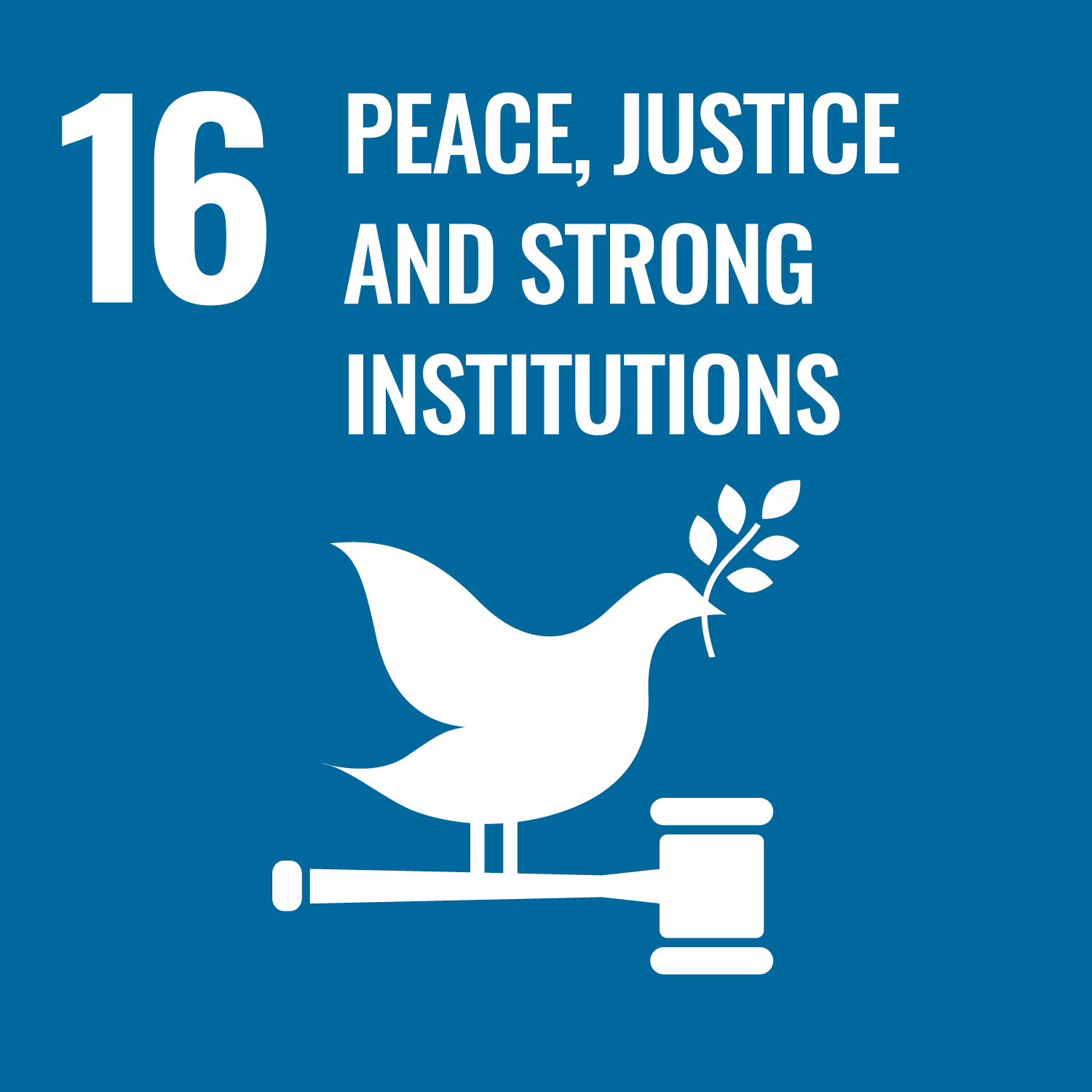Benevolent Society Social Benefit Bond (New South Wales)
This project is also known as Resilient Families Services
Aligned SDGs

- Benevolent Society Social Benefit Bond (New South Wales)
- General overview
- Location
- Involved organisations
- Outcome metrics
- Results
- Other resources
- Spreadsheet of data
- Benevolent Society Social Benefit Bond (New South Wales)
- General overview
- Location
- Involved organisations
- Outcome metrics
- Results
- Other resources
- Spreadsheet of data
General overview
Stage of development: Complete
Policy sector: Child and family welfare
Start date of service provision: Oct 2013
Capital raised (minimum): AUD 10m (USD 9.65m)
Service users: 303 individuals
Intervention
The Resilient Families Program is a therapeutic, evidence informed program that seeks to improve outcomes for children by building a protective network around them. Senior child and family practitioners develop a support plan in collaboration with each family to address the risks identified and meet the individual support needs of the family. The support plan goals are achieved through a mix of practical and therapeutic support. This includes training in the use of skills to manage stress and conflict, encouraging positive child behaviour, improving understanding of the child's develomental needs, and building the confidence necessary to tackle problems early before they become entrenched. The Program delivers a flexible twelve week intensive phase with access to 24/7 support if required. This is followed by less intensive support for up to 12 months to address a range of issues such as parental mental health issues, domestic and family violence, substance misuse, and neglect of their children.
Target population
Families are eligible for referral to the service if they have at least one child less than six years old who is living at home and has been assessed by NSW Department of Family and Community Services (FACS) as at Risk of Significant Harm (ROSH) but ‘Safe with Plan’.
Location
Country
- Australia
Service delivery locations
- New South Wales, Australia
Involved organisations
Commissioners/outcome payers
Service Providers
Investors
Intermediary organisations
Outcome metrics
- Out-of-home care entries. Entries into out-of-home care (OOHC), defined as ‘statutory’ removals of children to OOHC i.e. excluding supported care, voluntary care, temporary care or respite. Compared to control group.
- Safety and risk assessments. Safety and Risk Assessments (SARAs) commenced by Family and Community Services (FACS), excluding those made in the first six months (180 days) of each child’s referral to the service. Compared to control group.
- Helpline reports. Helpline reports, in which calls are made by NSW Police or health care professionals to the child protection Helpline to report a concern about the safety of children. Compared to control group.
Other resources
Spreadsheet of data
Important Notice and Disclaimer on INDIGO Data
INDIGO data are shared for research and policy analysis purposes. INDIGO data can be used to support a range of insights, for example, to understand the social outcomes that projects aim to improve, the network of organisations across projects, trends, scales, timelines and summary information. The collaborative system by which we collect, process, and share data is designed to advance data-sharing norms, harmonise data definitions and improve data use. These data are NOT shared for auditing, investment, or legal purposes. Please independently verify any data that you might use in decision making. We provide no guarantees or assurances as to the quality of these data. Data may be inaccurate, incomplete, inconsistent, and/or not current for various reasons: INDIGO is a collaborative and iterative initiative that mostly relies on projects all over the world volunteering to share their data. We have a system for processing information and try to attribute data to named sources, but we do not audit, cross-check, or verify all information provided to us. It takes time and resources to share data, which may not have been included in a project’s budget. Many of the projects are ongoing and timely updates may not be available. Different people may have different interpretations of data items and definitions. Even when data are high quality, interpretation or generalisation to different contexts may not be possible and/or requires additional information and/or expertise. Help us improve our data quality: email us at indigo@bsg.ox.ac.uk if you have data on new projects, changes or performance updates on current projects, clarifications or corrections on our data, and/or confidentiality or sensitivity notices. Please also give input via the INDIGO Data Definitions Improvement Tool and INDIGO Feedback Questionnaire.